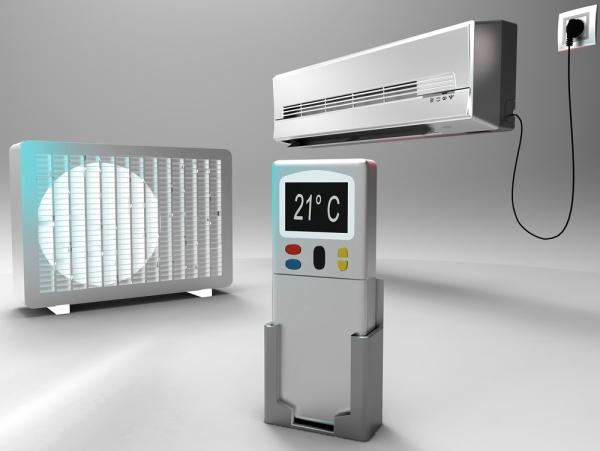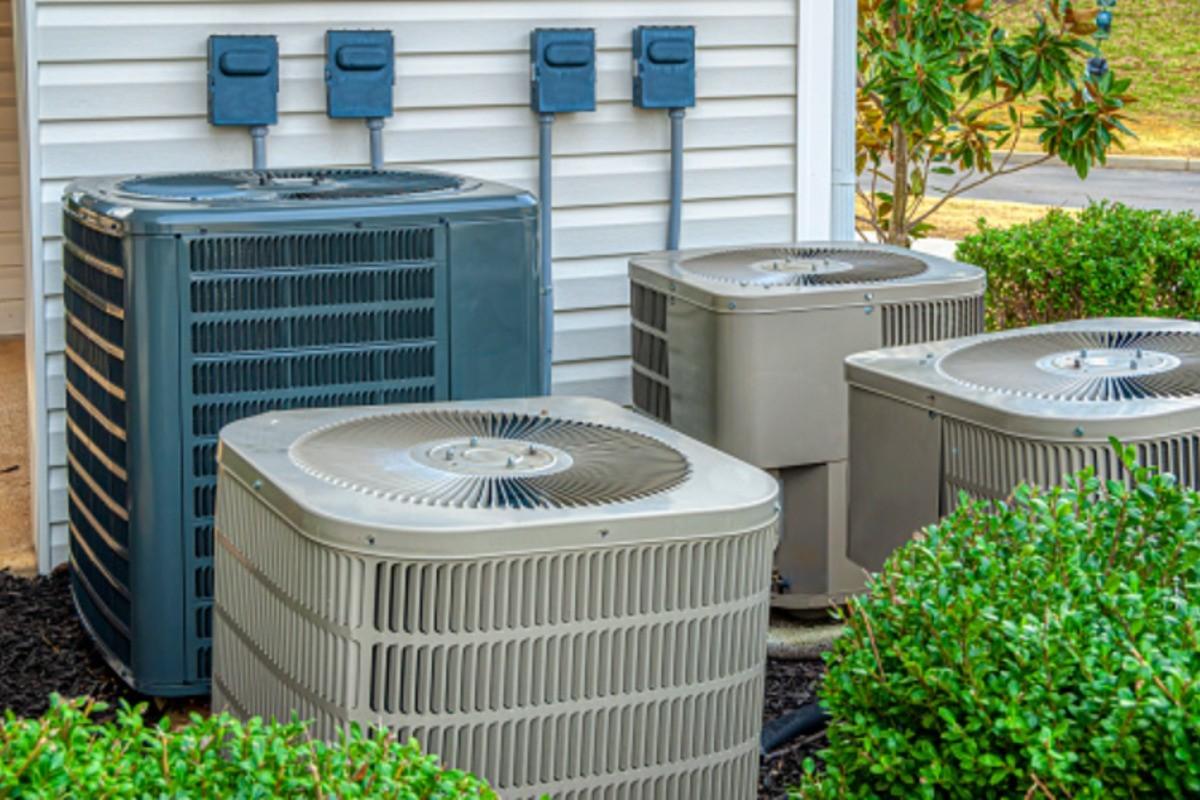HVAC system, which stands for Heating, Ventilation and Air Conditioning system, is an essential component in any modern home or commercial building. These systems help to regulate temperature in a space and enhance the quality of air and ventilation, thereby ensuring comfort for occupants of the residence all year round.
As the years go by, technology keeps evolving and people are getting more aware of energy efficiency. In the same vein, HVAC systems are becoming more environmentally compliant, friendly, and sophisticated. This article aims to add to the body of knowledge available on the subject by offering tips that come in handy for both homeowners and facility managers as regards HVAC systems.
Key Components of HVAC Systems
HVAC systems are made up of 3 basic elements that work together to regulate indoor temperature and provide a conducive living or working space. These 3 elements are:
- Heating – This component is mostly made up of boilers or furnaces that heat up a space during the cold season. Heat pumps can also provide warmth by drawing in heat from the air outside.
- Ventilation – These systems provide circulation of fresh air by removing stale air from a space and drawing in clean air. Ventilation can either be mechanical or natural; the mechanical systems have air ducts that distribute air across the building.
- Air Conditioning – These provide cooling for indoor spaces by eliminating humidity and heat. They come in different forms such as split, window units or central air systems
Types of HVAC Systems
There are different types of HVAC systems and the right one per space is determined by the size of the building, the climate of the region and the objectives as per energy efficiency. You can check out the EESI website for more information about energy efficiency.
The following are some of the common types:
Split
These comprise separate units for cooling and heating, and they are typically made up of an indoor heat pump or furnace and an outdoor AC. They are best for residential apartments or private homes.
Hybrid
These are similar to the above but are equipped with more energy efficiency. They allow users to switch between electricity and gas to power the heating system.
Ductless Mini-Split
These systems are made up of an outdoor unit and indoor units (maybe one or more units). They do not require ductwork which makes them suitable for older buildings that are being upgraded for more energy efficiency.
Packaged
These types have both cooling and heating elements in a single unit and they are typically installed on outside walls or rooftops. They are commonly used in commercial or public buildings.
Geothermal
These are the latest in eco-friendly technology, and they use the stable temperature of the earth underground to cool and heat an indoor space. These are highly energy-saving options, but the upfront cost is on the high side.
Benefits of HVAC Systems
There are many benefits to investing in the appropriate HVAC system for your space and they include the following:
- Comfort and Temperature Control- You have consistent indoor temperature no matter the weather condition.
- Improved Air Quality – Filtration and ventilation systems work to eliminate allergens, pollutants and bad smells from a space. Click here for more information on the effect of poor air quality in a space.
- Energy Efficiency – This subject can never be overemphasized these days. So, when you get the modern models that are designed to save energy, you not only reduce your utility bills but also contribute to a healthier environment.
- Enhanced Property Value – If you are thinking of reselling your home, you can benefit from upgrading your heating and cooling system because it will increase the real estate value of the property.
Maintenance Tips for HVAC Systems
Regular maintenance of your heating and cooling system is very important for the elongation of the lifespan of the units and optimum performance. Find below some essential tips for maintenance:
- Replace Air Filters Regularly – Ensure that you check filters once a month and replace them when necessary.
- Inspect and Clean Ductwork – Make sure that the ducts are debris-free and there are no leakages.
- Schedule Professional Inspections – Hire licensed HVAC professionals like BPM Heating & Cooling to check the units annually and tune up where necessary. This will help you detect issues and address them before they escalate into major issues that will be expensive to fix.
- Clean Outdoor Units – Make sure that you remove leaves, debris and all forms of dirt from condenser units outdoors. Also ensure that there is proper flow of air around the unit.
- Monitor the Setting of your Thermostat – Set temperature schedules for your space based on how long/often people are in the space and when they are not. Also use a smart or programmable thermostat for optimization of energy use.
Conclusion
A Heating, Ventilation and Air Conditioning System is important for creating and maintaining a healthy and comfortable indoor environment. That is why we have shared these basic but essential tips to help you understand the types of these systems available, the benefits of investing in the right one and also how to maintain them appropriately. Bear these tips in mind, as they will come in handy someday!
This article was written in collaboration with our sponsors.


